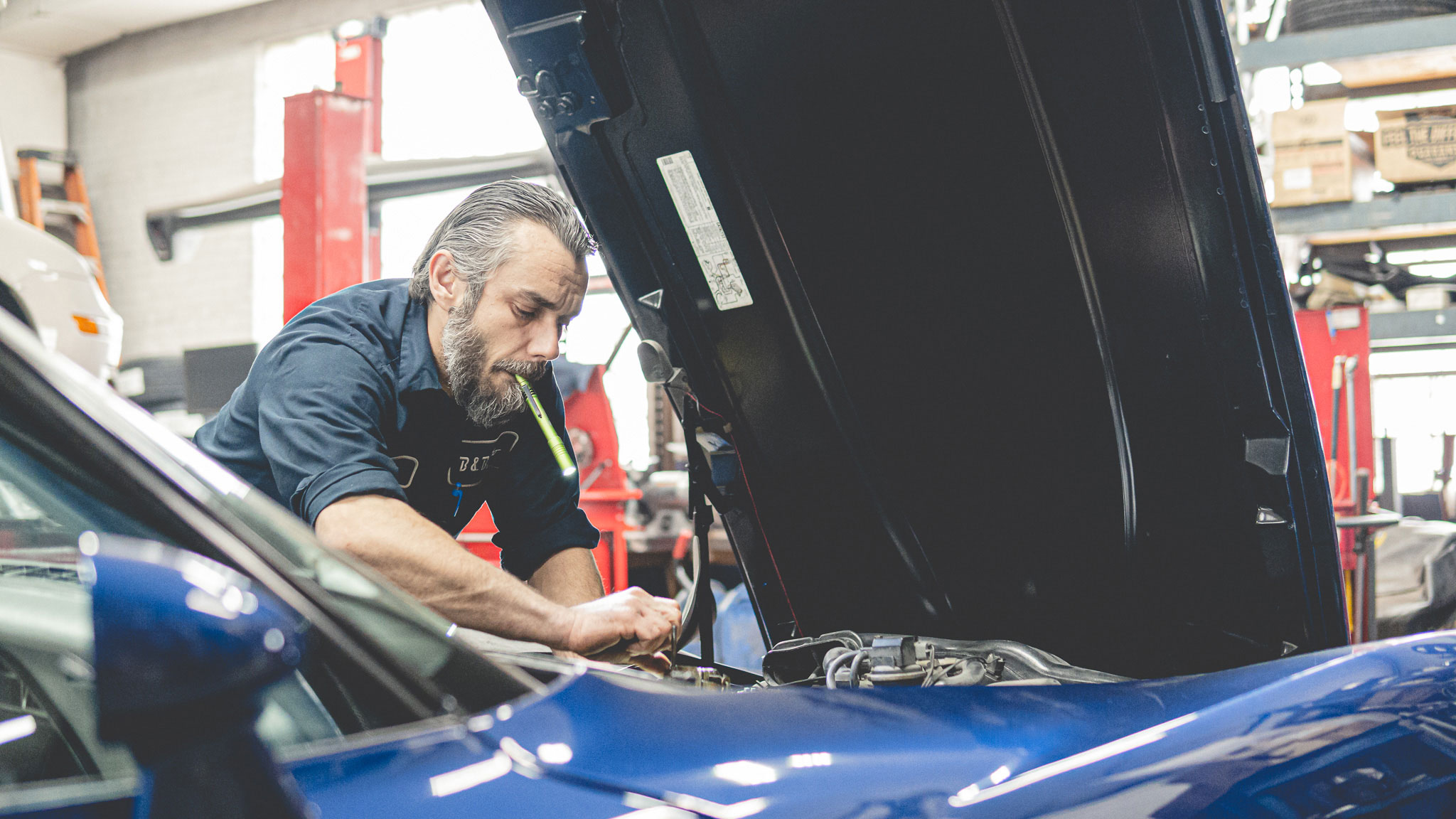All Categories
Featured
Table of Contents
- – 1. Set Up Routine Oil Modifications.
- – 2. Screen Tire Stress and Turn Tires.
- – 3. Replace and check Wiper Blades.
- – 4. Examine Liquid Degrees Consistently.
- – 5. Test and Replace Your Battery as Needed.
- – 6. Examine Brake Pads and Rotors.
- – 7. Change Air Filters Consistently.
- – 8. Watch on Lights and Signals.
- – 9. Shield the Paint and Exterior.
- – 10. Adhere to a Maintenance Arrange.
- – Conclusion.

Regular vehicle maintenance is necessary for every single chauffeur, guaranteeing that your car runs smoothly, safely, and effectively. By routinely examining your lorry's essential systems, you can prevent costly repair work and prevent unforeseen break downs. Here are some vital auto upkeep tips every driver ought to know.
1. Set Up Routine Oil Modifications.
Among the most essential facets of automobile upkeep is transforming your oil frequently. Oil lubes your engine's components, minimizing wear and heat. With time, oil breaks down and sheds its effectiveness, potentially bring about engine damages. A lot of cars and trucks require an oil adjustment every 5,000 to 7,500 miles, but you ought to inspect your proprietor's manual for certain recommendations. Staying on par with oil modifications extends your engine's life-span and keeps your automobile running efficiently.2. Screen Tire Stress and Turn Tires.
Low tire stress can lead to bad fuel economic situation, irregular tire wear, and even blowouts. Additionally, turning your tires every 6,000 to 8,000 miles helps disperse wear uniformly, expanding the life of your tires and enhancing general handling.3. Replace and check Wiper Blades.
Wiper blades are easy to ignore, but they are necessary for risk-free driving in negative weather condition. In time, wipers become less efficient, triggering streaks that minimize exposure. Change your wiper blades every six months or sooner if you observe they're no more clearing your windshield properly. Quality wipers make certain much better visibility, particularly throughout rainfall and snow.4. Examine Liquid Degrees Consistently.
Your lorry uses several liquids to function efficiently, including coolant, brake liquid, power guiding fluid, and transmission fluid. Filthy or low fluids can cause issues like getting too hot, bad braking, and problem guiding. Examine liquid levels consistently, and consult your proprietor's guidebook to know when they must be changed or rounded off. Preserving proper fluid levels is critical for stopping break downs and extending your car's life expectancy.5. Test and Replace Your Battery as Needed.
The battery powers your auto's electrical elements and guarantees trustworthy starts. Severe weather condition conditions can reduce a battery's lifespan, so it's crucial to inspect it on a regular basis, especially if it's over three years old.6. Examine Brake Pads and Rotors.
If you listen to squeaking, grinding, or see a much longer stopping range, it's time to have your brakes inspected. Numerous drivers locate it advantageous to have actually brakes examined during regular tire turnings or various other set up upkeep.7. Change Air Filters Consistently.
Air filters stop dust, particles, and other pollutants from entering your engine and cabin. A clogged engine air filter can affect your auto's efficiency and gas economy, while a clogged cabin air filter decreases air top quality inside the lorry. Change the engine air filter every 15,000 to 30,000 miles, and check your cabin filter at the very least yearly.8. Watch on Lights and Signals.
Headlights, brake lights, and transform signals are necessary for exposure and communication on the road. On a regular basis inspect these lights to guarantee they are working properly. Changing a light bulb is affordable and normally fast, however it's necessary to prevent driving with busted or dim lights, which can endanger safety and bring about tickets.9. Shield the Paint and Exterior.
Consistently cleaning and waxing your vehicle is greater than just an aesthetic procedure; it protects the paint from dirt, salt, bird droppings, and UV rays. In time, these components can damage your car's paint and bring about corrosion. Waxing your automobile every few months supplies a safety layer that helps keep its appearance and value.10. Adhere to a Maintenance Arrange.
Your car's manual offers a maintenance routine tailored to your cars and truck's requirements. Following this routine assists maintain your vehicle in peak condition and addresses prospective issues early. Regular exams, including tune-ups and assessments by a specialist, allow you to identify and deal with small problems prior to they become major expenditures.Conclusion.
Preserving your auto does not have to be made complex or taxing, but it's essential for keeping it risk-free, reliable, and efficient. By following these pointers and staying aggressive with your auto's maintenance, you'll enjoy a smoother ride, fewer unexpected issues, and potentially greater resale worth. Make normal maintenance a priority, and you'll profit every single time you hit the trail.Table of Contents
- – 1. Set Up Routine Oil Modifications.
- – 2. Screen Tire Stress and Turn Tires.
- – 3. Replace and check Wiper Blades.
- – 4. Examine Liquid Degrees Consistently.
- – 5. Test and Replace Your Battery as Needed.
- – 6. Examine Brake Pads and Rotors.
- – 7. Change Air Filters Consistently.
- – 8. Watch on Lights and Signals.
- – 9. Shield the Paint and Exterior.
- – 10. Adhere to a Maintenance Arrange.
- – Conclusion.
Latest Posts
Vision Center South: Find Your Local Spot for Reliable Eye Care
Published May 01, 25
2 min read
Vision Center South - Comprehensive Eye Health Evaluations
Published May 01, 25
2 min read
Your Nearest Vision Center South Awaits with Professional Eye Care
Published Apr 30, 25
2 min read
More
Latest Posts
Vision Center South: Find Your Local Spot for Reliable Eye Care
Published May 01, 25
2 min read
Vision Center South - Comprehensive Eye Health Evaluations
Published May 01, 25
2 min read
Your Nearest Vision Center South Awaits with Professional Eye Care
Published Apr 30, 25
2 min read